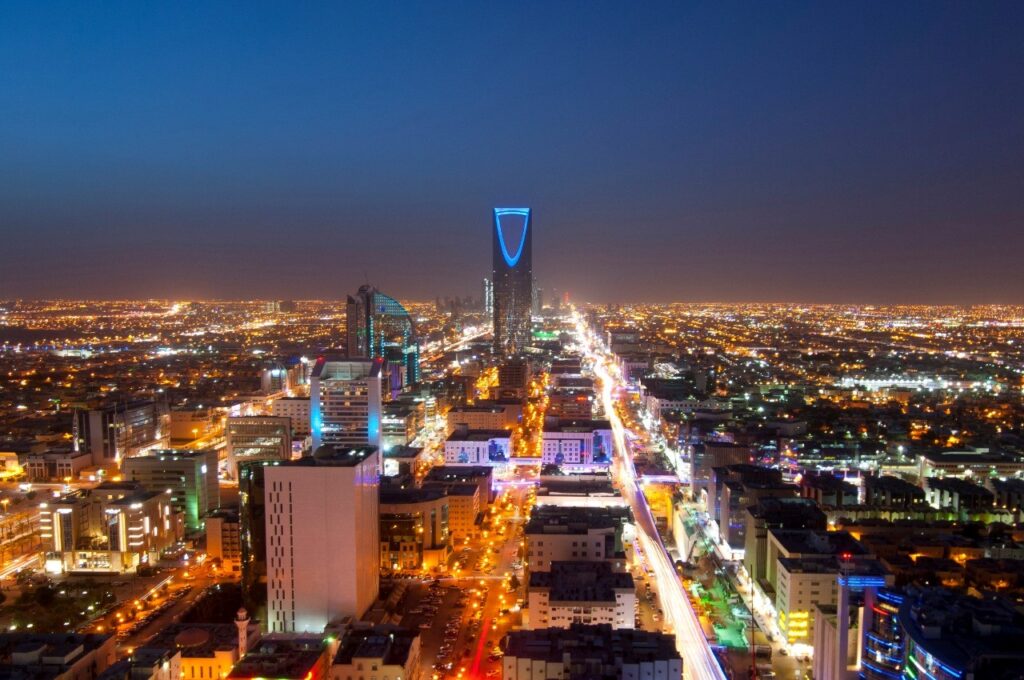
Arbitration is becoming an increasingly popular way to resolve disputes in Saudi Arabia. The government has taken significant steps to encourage the use of arbitration, and recent developments in the law have made the process even more efficient and cost-effective. As a result, more businesses are turning to arbitration to resolve their disputes.
In 2014, the Saudi Center for Commercial Arbitration (SCCA) was founded as the Kingdom’s first independent arbitration institution. They are a not-for-profit organization that administers Alternative Dispute Resolution (ADR) procedures guided by Shariah principles.
What Is Arbitration?
Arbitration is used as a means to resolve disputes outside the courtroom. It’s a process in which two or more parties agree to have a neutral third party, called an arbitrator, preside over their case, and make a decision.
Arbitration is often seen as a faster and more cost-effective option than going to court. It allows both parties to agree upon an adjudicator of their own choosing, rather than a court-appointed judge. The arbitrator is often a highly accomplished legal professional or former business leader, who gives both parties the opportunity to present their case.
The Introduction of Arbitration Law in Saudi Arabia
Although previously an uncommon choice in Saudi Arabia, the government has sought to increase the use of arbitration as a means to resolve disputes. In 2012, a royal decree was issued which set forth the legal framework for arbitration in Saudi Arabia. This new Law of Arbitration is based on the UNCITRAL Model Law, which is the international standard for best practice in arbitration law.
The Law of Arbitration sets out the rules and procedures that must be followed in order to initiate and conclude an arbitration proceeding. It also establishes the legal rights and obligations of the parties involved in the arbitration process.
Arbitration in Saudi Arabia is a private process, meaning that the proceedings and the award remain confidential unless there is written consent from both parties to publish the details of the award granted.
In 2013, the Enforcement Law came into effect, which provides for the enforcement of arbitration awards in Saudi Arabia. This means that if one party does not comply with the award, the other party can take legal action to have it enforced.
Cost of Arbitration in Saudi Arabia
Arbitration in Saudi Arabia is considerably cheaper than taking a case through the court and the SCCA has taken recent steps to make it even more affordable. In September 2021, they reduced arbitrator fees by 30% and the initial cost of starting proceedings by 50%.
Filing fees have now been eliminated entirely, and parties are simply required to pay a flat registration fee of SAR 5,000, which is later credited towards the administration fee. The SCCA has also introduced three arbitrator pricing tiers: minimum, maximum, and average. Fees are fixed on a case-by-case basis, depending on the complexity of the case and the time required by the arbitrators to hear and determine the case.
The Online Dispute Resolution (ODR) service also experienced a price reduction of 40%. This allows smaller businesses and entrepreneurs to have access to affordable arbitration, without the need to take their dispute to the courts.
Timeframe for Arbitration
Arbitration in Saudi Arabia is a relatively fast process in comparison to court proceedings. The time it takes to resolve a dispute through arbitration will depend on a number of factors, including the complexity of the case and the availability of the arbitrator.
Generally, arbitration proceedings will take between 6 and 12 months to complete. Once the arbitrator has made a decision, the award will be binding on the parties with a requirement to comply.
The Future of Arbitration in Saudi Arabia
According to a recent statistical report by the SCCA, arbitration continues to be supported by the judiciary and is experiencing fast growth as an alternative to court litigation. Saudi courts are increasingly reluctant to set aside arbitration awards, demonstrating their strong support for the arbitration process. Between 2017 and 2020, 107 motions were initiated to set aside awards. Out of those 107, only 6% were accepted.
In light of this continued success, it is likely that arbitration will continue to grow in popularity in Saudi Arabia. Parties who are looking to resolve disputes quickly and cost-effectively should consider arbitration as an option.









